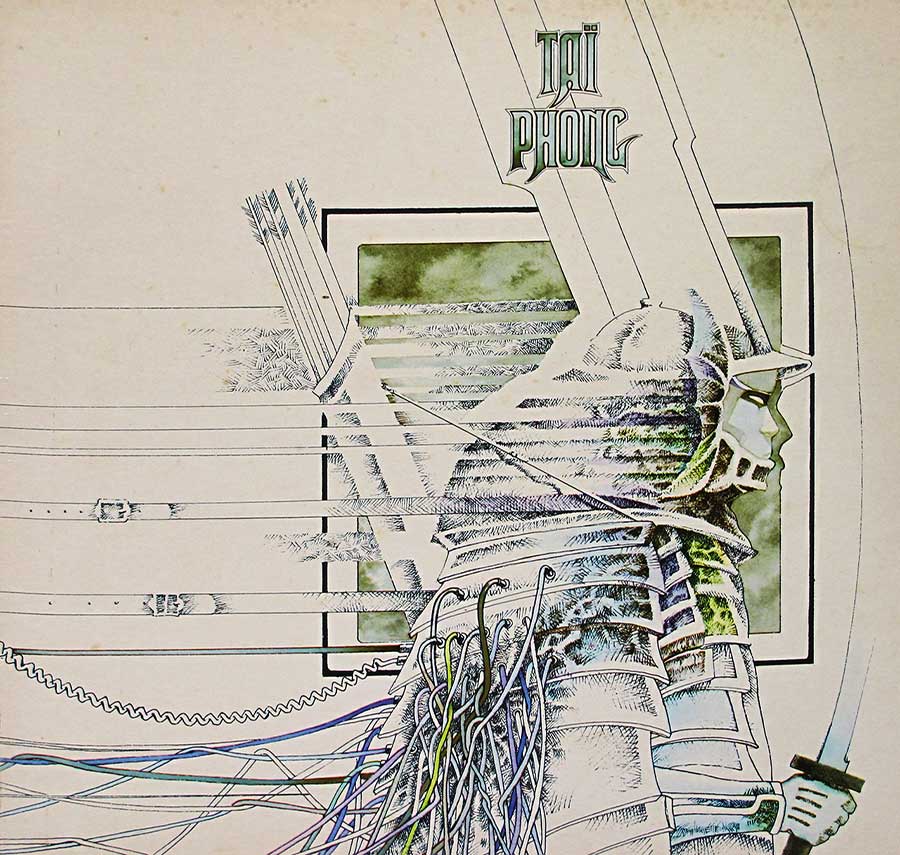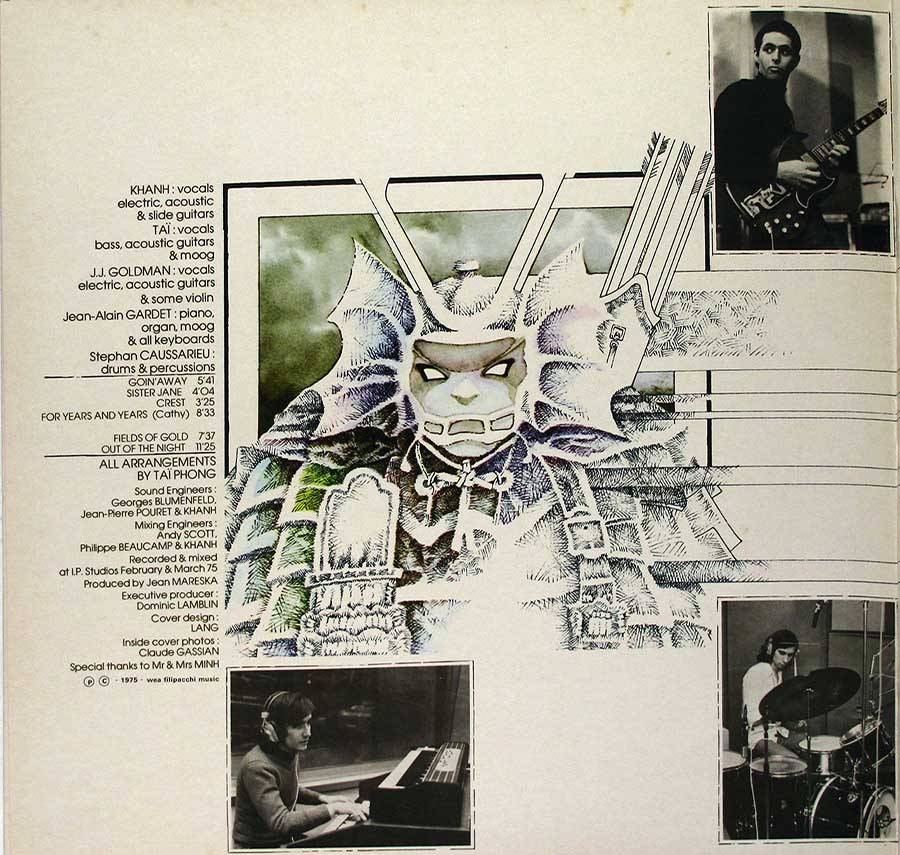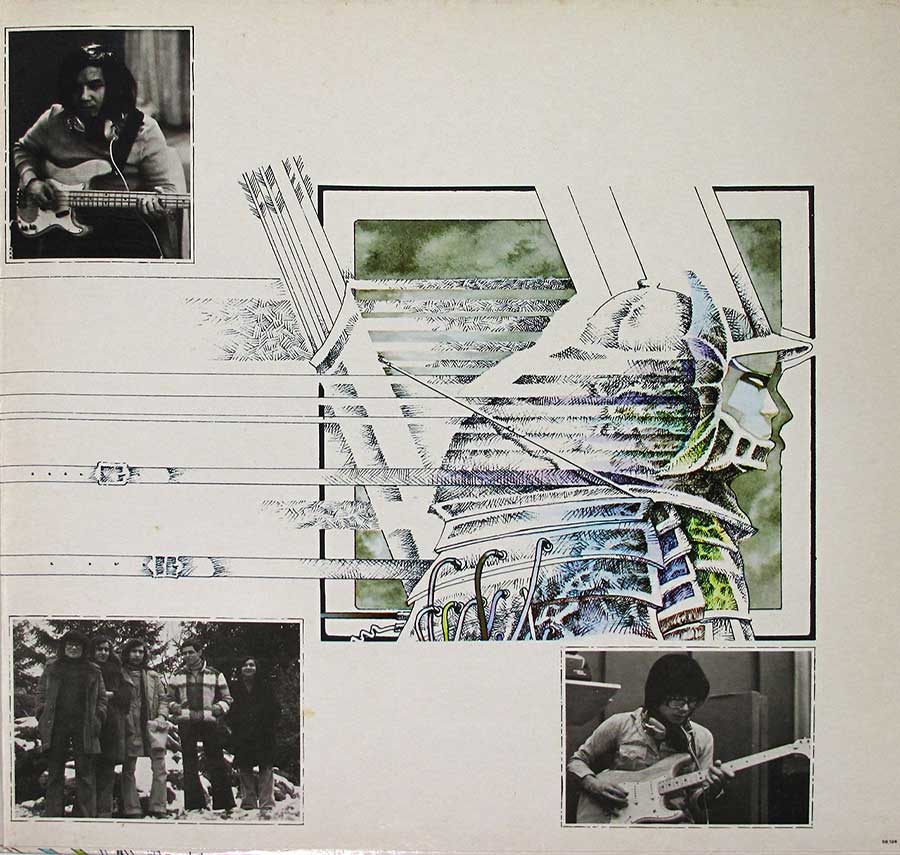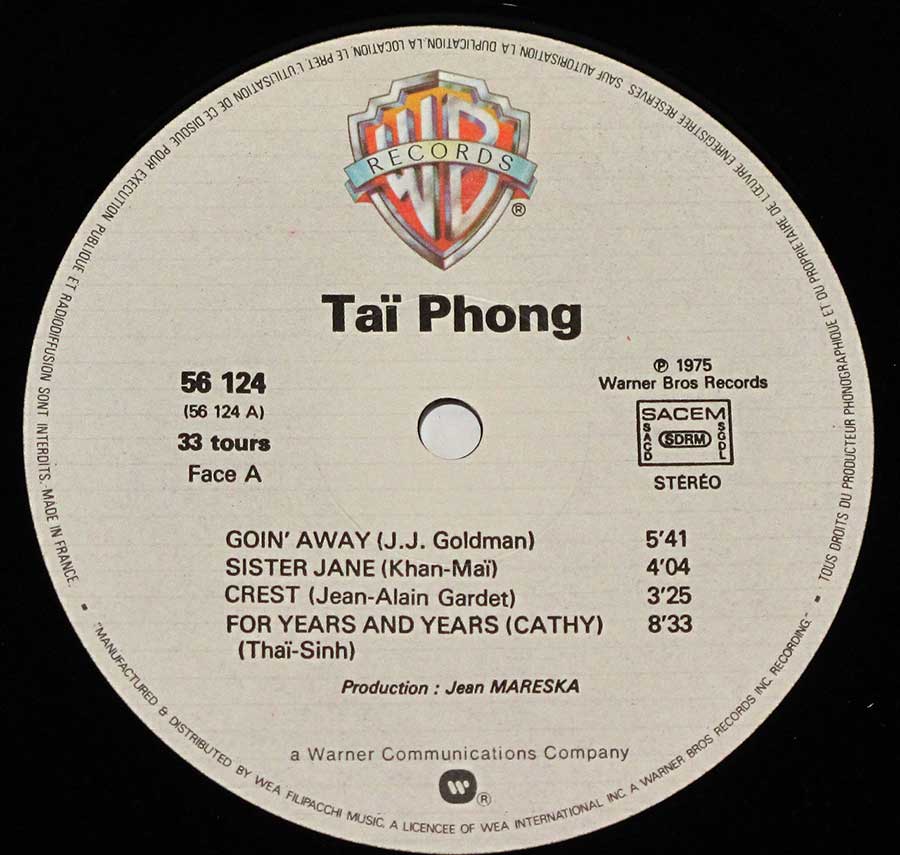In the heart of 1970s France, a progressive rock scene was burgeoning, drawing inspiration from British giants like Genesis and King Crimson. Amidst this creative ferment, the self-titled debut album by Ta• Phong emerged in 1975, leaving a distinct mark on the musical landscape.
A Fusion of Cultures and Sounds
Ta• Phong, meaning "Great Wind" in Vietnamese, reflected the band's multicultural roots. Founded by Vietnamese brothers Khanh Ma• and Ta• Sinh, the band's lineup also included Jean-Jacques Goldman, who would later become a French music icon. This cultural blend translated into a unique musical fusion. The album seamlessly integrated elements of progressive rock, folk, and even hints of traditional Vietnamese music.
Musical Exploration
The album showcased Ta• Phong's penchant for musical exploration. Tracks like "Sister Jane" displayed complex arrangements, shifting time signatures, and extended instrumental passages, all hallmarks of the progressive rock genre. Yet, the band also incorporated acoustic instrumentation and melodic vocals, creating a balance between technicality and accessibility. This approach resonated with both prog rock aficionados and a wider audience.
Controversies and Challenges
Despite the album's artistic merit, it wasn't without its challenges. The band faced skepticism from some quarters of the French music industry, who were perhaps unaccustomed to their eclectic sound and multicultural background. Additionally, the progressive rock genre itself was undergoing shifts in popularity, with punk and new wave movements gaining momentum.
Production and Recording
The album was produced by Jean Musy, a seasoned producer known for his work with French artists. It was recorded at the Ch‰teau d'HŽrouville, a historic studio that had hosted numerous legendary musicians. This combination of experience and ambiance likely contributed to the album's polished sound and cohesive atmosphere.
Commercial Reception
While not an immediate chart-topping success, the album gradually gained recognition and a cult following. Its unique blend of styles and the band's energetic live performances helped them secure a loyal fan base. Over time, the album has been reevaluated and recognized as a significant contribution to French progressive rock.




